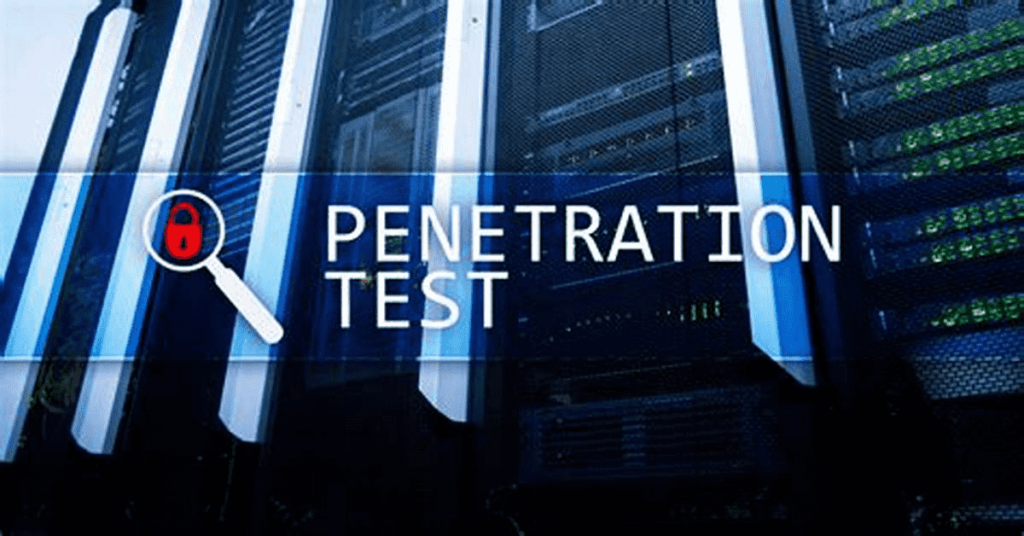Boosting B2B Leads with Financial Software and Penetration Testing
Financial software solutions streamline operations, allowing your team to focus on generating quality leads, while penetration testing ensures your systems remain safeguarded against potential cyber threats. As cyber threats continuously evolve, incorporating robust security measures like penetration testing can significantly reduce risks and maintain customer trust.
Penetration testing goes beyond traditional security methods by simulating real-world attacks on your systems. This proactive approach identifies vulnerabilities that could be exploited by malicious actors, ensuring your financial software remains fortified.

Photo by Tima Miroshnichenko on Pexels
Leveraging both advanced financial software and comprehensive penetration testing not only enhances operational efficiency but also builds a secure foundation for your lead generation strategies. The dual focus on performance and protection can give you a competitive edge, turning potential leads into loyal clients.
Maximizing B2B Lead Generation Through Financial Software
Utilizing financial software can significantly enhance your B2B lead generation by streamlining operations and building customer trust. These technologies offer innovative solutions that support better data management, enhance transparency, and protect sensitive information, making it easier to attract and retain clients.
Innovative Software Solutions for the Financial Sector
Financial software applications offer a range of advanced tools designed to optimize efficiency and accuracy. One notable example is converting PDF bank statements to QBO format, which simplifies bookkeeping and data entry tasks.
Digital banking apps provide real-time access to accounts and streamline transactions. Such tools are essential for modern financial services, enabling quick and precise financial analysis.
The automation capabilities of these applications save time, reduce errors, and increase productivity. Automated bank statement analysis can rapidly identify trends and anomalies, which helps in making informed decisions. These solutions not only facilitate smooth operations but also enhance the customer experience, leading to higher satisfaction and loyalty.
Building Trust with Robust Financial Applications
Your financial software’s ability to assure clients about the safety of their data is crucial. Advanced security measures such as encryption and multi-factor authentication are vital for building this trust.
Given the rise in cybercrime, robust security measures are imperative. Applications must comply with the highest industry standards to protect customer data and enhance confidence in your services. This reassurance can significantly impact lead generation by positioning your company as a reliable and secure provider.
Applications that offer transparency in transactions and operations further bolster trust. They allow customers to track activities and access detailed reports, increasing their confidence in your handling of their finances. This transparent approach can attract more B2B clients, as they are more likely to choose a provider that offers both innovative solutions and guarantees data security.
Elevating Security with Penetration Testing
A proactive approach to data security is vital for protecting sensitive data and maintaining client trust.
Understanding Pen Testing and its Relevance to Cybersecurity
Penetration testing, commonly known as pen testing, simulates cyber-attacks on an organization's systems to identify security risks. It is conducted by ethical hackers who use various strategies to uncover vulnerabilities. This process is critical for financial institutions due to the high volumes of valuable personal and financial data they handle daily.
Quality penetration testing offers a comprehensive assessment that ensures financial institutions meet cybersecurity standards such as PCI DSS. By identifying weak points, pen testing helps institutions reinforce their defenses, thus mitigating the risks of data breaches.
Best Practices in Penetration Testing for Financial Institutions
To achieve the best results, financial institutions should implement several best practices during penetration testing. Selecting experienced and ethical professionals is crucial, as they bring a nuanced perspective to identifying security flaws. Regular testing is also essential to keep up with evolving threats.
Financial institutions should integrate penetration testing within their broader security and compliance frameworks. This includes addressing discovered vulnerabilities promptly and ensuring continuous improvement of their security measures. Leveraging trusted app security testing tools helps ensure adherence to industry standards and reduces security risks effectively.
Mitigating Risks and Protecting Assets
Protecting sensitive data and client assets is critical in the financial services industry. Effective strategies for managing risk and safeguarding information can significantly reduce the likelihood of breaches and minimize potential damage.
Strategic Risk Management for Financial Services
Implementing a robust risk management strategy can shield your organization from various threats. This includes conducting comprehensive risk assessments that identify and prioritize security risks. Regularly updating these assessments ensures evolving threats like cyberattacks and malware are continually addressed.
Engaging in penetration testing can reveal vulnerabilities before malicious actors exploit them. By simulating cyberattacks, you can discover potential breach points and develop targeted remediation plans. This proactive approach helps secure sensitive assets and maintain trust with clients.
Safeguarding Sensitive Data and Client Assets
To protect sensitive data and client assets, adopt advanced cybersecurity measures such as encryption and multi-factor authentication. These techniques make it harder for unauthorized parties to access sensitive information and reduce the risk of data breaches.
Investing in advanced threat detection systems is essential. They can detect phishing attempts, malware, and ransomware in real-time, enabling immediate responses to potential threats.
Ensuring physical security measures for data centers and implementing strict access controls are also vital. Keeping your infrastructure secure from both digital and physical threats mitigates the risk of fraud and unauthorized access.
Conclusion
Employing financial software and penetration testing can significantly enhance your B2B lead generation efforts in the financial sector. Penetration testing provides a robust layer of protection. Identifying vulnerabilities before malicious actors can exploit them safeguards your reputation and client data.
Combining these tools allows you to offer secure, efficient services that attract new clients. As security and efficiency become key selling points, your lead-generation capabilities will improve. Ensure that all implemented solutions are regularly updated. Ongoing updates maintain efficacy and protection, meeting the evolving needs of your clients.
By prioritizing both financial software and penetration testing, you create a secure, efficient, and reliable environment that supports robust B2B lead generation. This dual approach positions your firm as both a leader in technology and a trusted partner.








